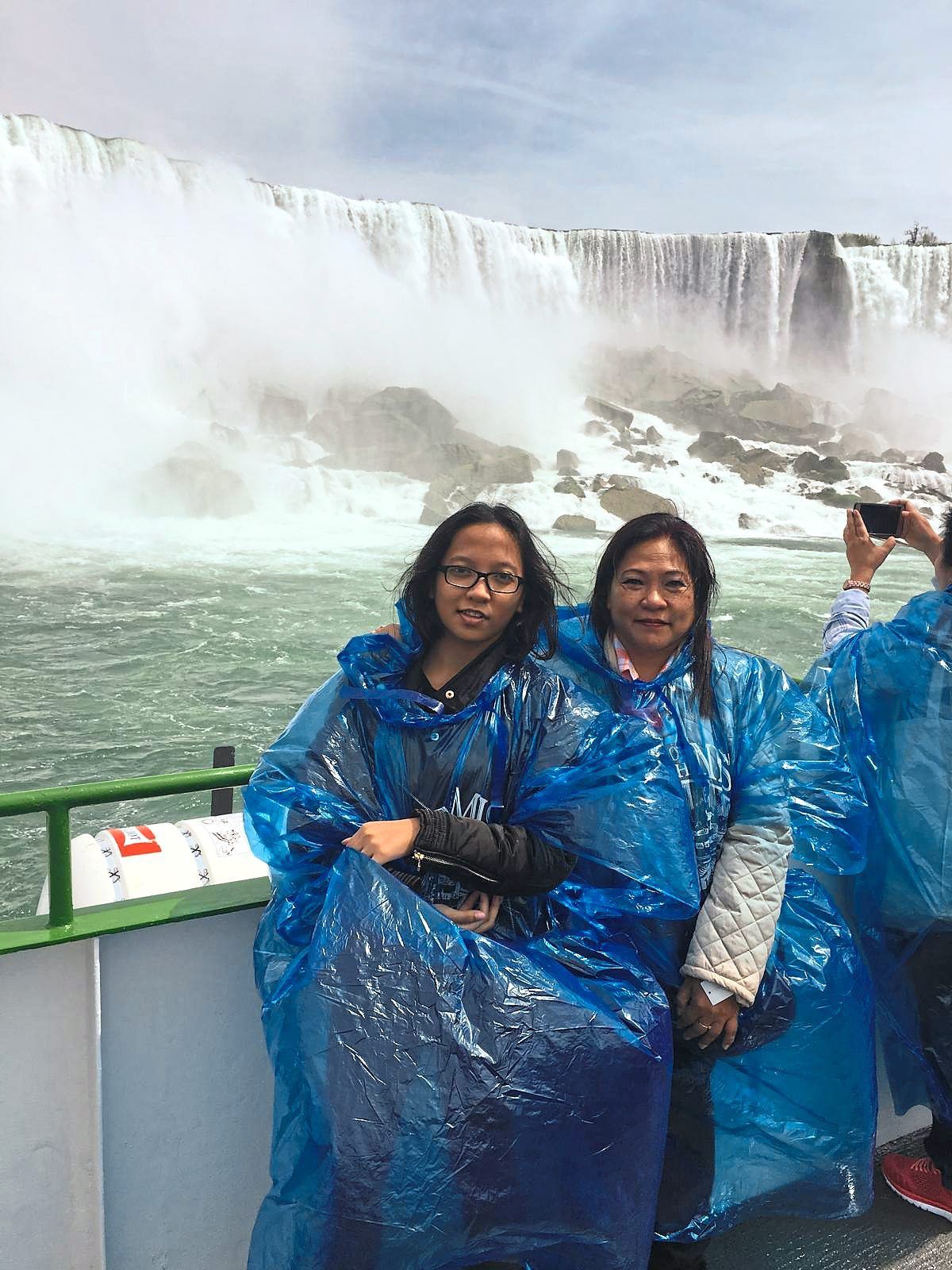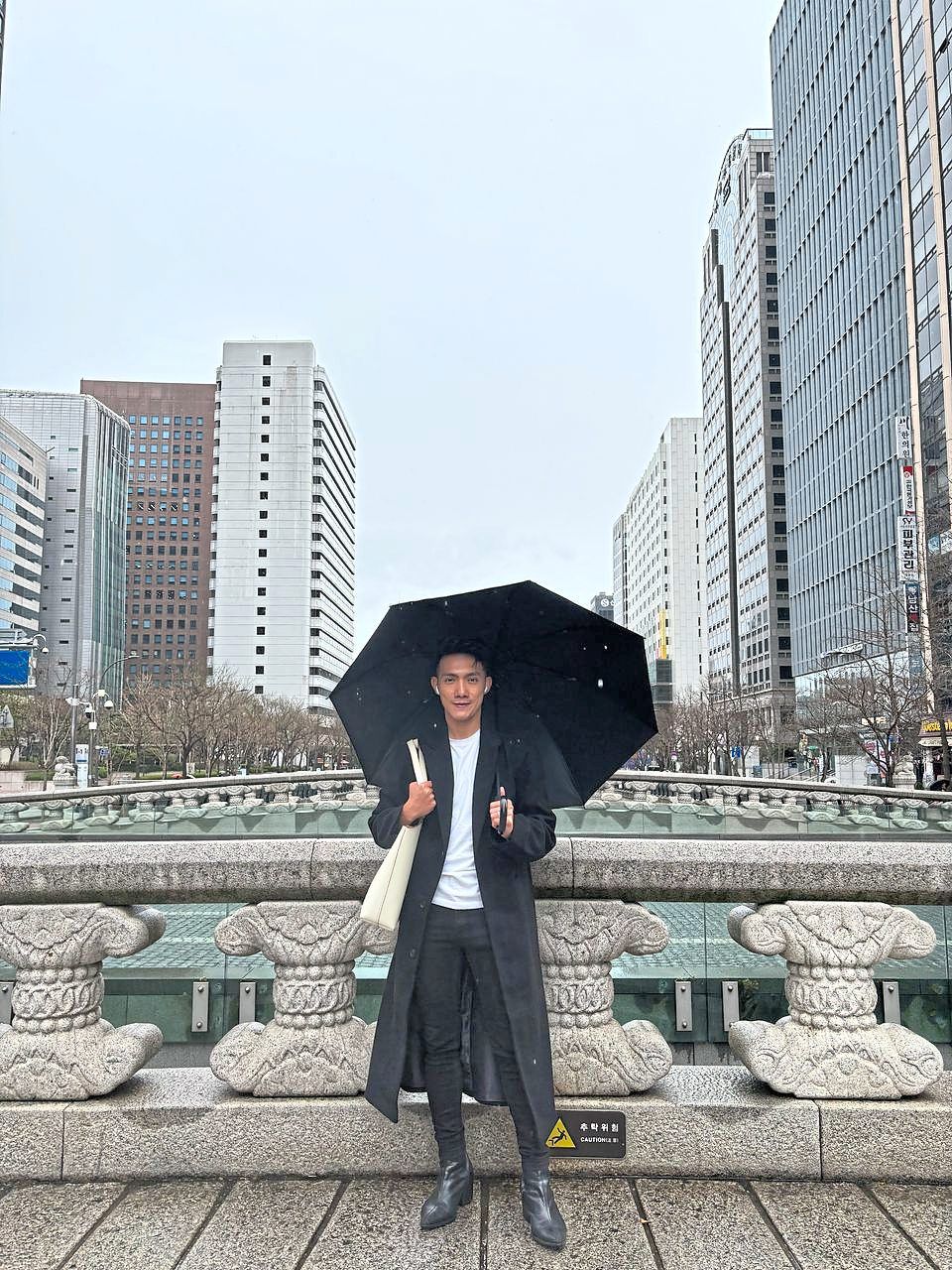Photo: Pexels
For many Muslims, Ramadan is best spent at home. It’s a time of spiritual reflection, devotion and fulfilling good deeds, all leading up to the joyous celebration of Hari Raya.
Comfort is found in familiarity – a set rhythm of breaking fast with loved ones, and going for prayers at neighbourhood mosques or suraus.
But what happens when Ramadan meets the unpredictability of travelling abroad?
Navigating a foreign country while fasting presents a unique set of challenges – time zone shifts, unfamiliar food options and the reality of being in a culture that may not even acknowledge Ramadan.
The idea of abandoning the familiar comforts of home can make the thought of travelling abroad during this time seem nearly impossible.
Yet, for some Malaysian Muslims, Ramadan became an opportunity to experience different cultures while maintaining their religious practices, proving that faith and adventure are not mutually exclusive.
Warmth abroad
For Nur Fatihah Rahmatullah, 23, travelling during Ramadan allowed her to discover how the spirit of the holy month transcends borders.
Over the years, Fatihah has observed Ramadan with her family in Thailand, Vietnam and Indonesia, each trip offering her a deeper appreciation of her faith and the global Muslim community.
One of her most cherished memories was from her 2014 trip to Thailand’s capital, Bangkok.
On the first evening of her arrival to the city, she and her family set out right after Maghrib prayers to find halal food around the Ratchathewi area. However, despite asking the locals there, they struggled to find a halal restaurant to break their fast.
Just as frustration began to set in, Fatihah and her family found themselves unexpectedly invited into a kind-hearted Muslim family’s home for dinner.
“There were five of us, and the family prepared a full course home-cooked Thai meal for us,” she recalls.
“We had our dinner together and talked about Ramadan and how different the Hari Raya celebrations are in Thailand compared to Malaysia. It was a very meaningful iftar (breaking of fast) as it showed me the warmth and hospitality of Muslims outside of Malaysia.”
This experience solidified her belief that spending Ramadan abroad can be just as spiritually fulfilling as it is at home – sometimes, even more so.
“Celebrating Ramadan in a different country makes you appreciate the acts of worship more because along the way, you’re exposed to new and different cultures.
“It’s really eye-opening when you witness and learn how Muslims in different parts of the world fast during the month and perform their night prayers; it’s a special experience.”
While travelling abroad during Ramadan has been great for Fatihah and her family, obstacles will inevitably present themselves when fasting in a country like Thailand, where Islam is not the main religion.
The most significant, she notes, is finding a place that sells halal food for breaking fast. But thanks to technological advancements now, Fatihah finds that digital tools like navigation apps and social media help tremendously with tracking and locating halal eateries.
She also highlights that time zones should not be a worry for fellow Malaysian travellers, especially those who travel to other South-East Asian countries during the fasting month.
“As far as my experience goes, there should not be a problem adjusting to the time zones when travelling within the region,” she says. “It’s only a one- or two-hour difference in time.”
The only adjustment that must be taken into consideration is the planning of daily activities, Fatihah mentions. To conserve energy, she and her family limit physically strenuous excursions, and opt to use ride share services or private taxis instead of walking or taking public transportation.
“We limit some of our activities during the day because we don’t want to get too tired too early, so we plan our itinerary ahead of time to avoid this,” she adds.
At the time of writing, Fatihah is preparing for a new Ramadan adventure – this time in London, England.
She is planning extensively by researching options for halal restaurants and even packing some local spices in case she needs to cook for sahur.
What excites her the most is the opportunity to perform her tarawih prayers at the East London Mosque during the final few days of Ramadan.
“I am very excited to meet people and students from all over London performing their prayers there, and share our Ramadan experiences.”
A stark contrast
In 2017, Nor’Ain Mohamad Nasir was beyond thrilled to make the trip to the United States for her eldest daughter’s college graduation – despite it being held during the fasting month.
Over a period of 10 days, she explored several cities in the northeastern US – Philadelphia in Pennsylvania, and Rochester and New York City in New York.
Unlike Malaysia, where Ramadan is well-recognised and understood, the US presented a stark contrast.
“Many Americans are unaware and unaffected by Ramadan,” Nor’Ain, who is in her early 60s, says. “Everyone else around you goes about their daily life – snacking, eating or enjoying a beverage. It is not considered insensitive to eat and drink in broad daylight during the month.”
At first, it was jarring to witness this contrast. Back home, even non-Muslim friends and colleagues showed awareness and respect for those who are fasting.
Nor’Ain states that one of the key challenges during her time abroad is ensuring proper meals for sahur and the breaking of fast. Anticipating the difficulty of finding halal food there, she came prepared.
“I carried dates, nuts, energy bars and water for quick sahur and buka puasa in case I did not manage to find food on time,” she shares.
To ease matters, she also booked accommodations that came with a kitchen, allowing her to cook when needed.
During her travels across the US, Nor’Ain discovered that Philadelphia, in particular, had a thriving Muslim community.
“Philadelphia is a very diverse city, much like Kuala Lumpur,” she says. “There are a lot of options when it comes to halal food, as well as halal grocery stores.”
Among her favourite discoveries was Hardena, an Indonesian eatery serving nasi campur – a comforting reminder of home. Another was Saad’s Halal Restaurant, providing the opportunity to try an authentic Philly cheesesteak, made with halal beef.
Although the difference in time zones is significant, it is not too difficult to keep track of prayer timings and maintain energy levels throughout the day with good planning.
“I used apps like Muslim Pro, IslamicFinder and local mosque websites to check the prayer times. I ate filling, nutritious and hydrating foods during sahur to sustain my energy level throughout the day,” she shares.
Throughout the trip, Nor’Ain managed to go sightseeing and exploring with her family by structuring her days strategically – outdoor activities and walking tours in the morning when her energy level was highest, while less strenuous activities were reserved for midday.
“I walked at a slower pace to preserve energy and took advantage of the cooler evenings after iftar to explore more.”
When possible, she also chose activities that allowed her to sit and rest periodically.
Reflecting on her trip, Nor’Ain understood why some Muslims hesitate to travel during Ramadan. The thought of fasting while navigating foreign time zones, the lack of communal atmosphere and the need to be self-sufficient with meals can make it seem daunting.
But her journey proved that while fasting in a non-Muslim country requires some adjustments and thoughtful preparation, it can be profound and allow Muslims to develop a deeper appreciation of Ramadan.
Seoul-searching
It was the long-awaited semester break, and Ainol Aiman took upon this opportunity to tick one of his dream destinations off the bucket list: South Korea.
Ainol, 26, spent about 10 days in Seoul one Ramadan, exploring areas like Gangnam City, Itaewon, Insadong and Dongdaemun on his own while staying disciplined in fasting.
“Fasting in a foreign country was a new challenge, but also a unique experience,” he recalls. “I did not plan for the trip to be during Ramadan, but I decided to proceed with it and experience what it’s like to travel while fasting.”
He noted the difference compared to Ramadan back home. “In Malaysia, you can really feel Ramadan everywhere – at the mosques, bazaars, etc – there’s a strong sense of community among Muslims. In Seoul, it was just another regular month.”
Ainol kept things simple by having his sahur in his hotel room – eating instant noodles, biscuits and dates he brought with him from Malaysia. To break fast, he planned ahead by looking for halal restaurants during the day so he would know where to go.
“It was easy to find halal food in Itaewon as there were many halal and Muslim-friendly restaurants. But outside of that area, it was much harder to find halal food.”
One of his best memories was having his buka puasa meal at one of the halal Korean restaurants in the city. “Eating authentic bulgogi for my iftar was like a cool mix of cultures.”
There were, however, several days where he had to break his fast differently.
“Because I couldn’t find a halal eatery right before sundown or get there in time to get a seat, I had to buy food like frozen meals or bread from the convenience store to break my fast.”
Ainol also mentions that the time zone difference did not affect his fasting much. “The only difference was the Subuh prayer was earlier, which meant having to wake up earlier for sahur. But buka puasa was also earlier, so the fasting duration is similar to fasting back home.”
Despite fasting, Ainol managed to still explore the city well by pacing himself. In the morning, he went sightseeing to farther places. In the afternoon, he explored areas and indoor attractions closer to his accommodation.
Looking back on his trip, Ainol believes that many Muslims hesitate to travel abroad during the fasting month because of the fear that it will be too difficult.
“They are scared of not being able to find halal food, being too fatigued to enjoy the trip or just don’t want to miss out on celebrating Ramadan back home,” he says.
“But having experienced it myself, it is very much possible – the key is to have good planning and preparation.”
He believes that every Muslim, if given the chance, should experience fasting in a foreign country at least once.
It is a good lesson in patience and adaptability, showing that your faith is not tied to one place but something that is brought with you wherever you go in the world.
“I didn’t have the same comforts as I would if I fasted in Malaysia, but I still felt the same sense of purpose and connectedness to my faith,” Ainol concludes.












